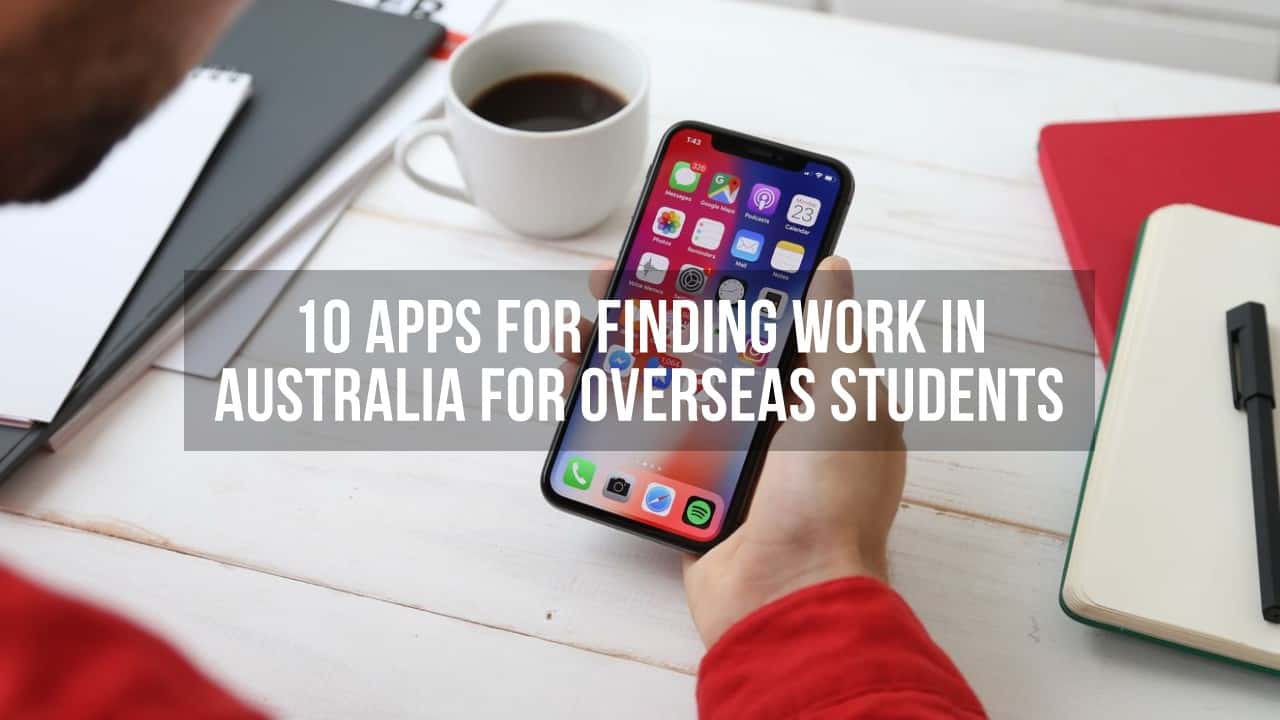How to make friends in Australia as an international student?
 So you have landed to study in Australia but you don’t know anyone here. You don’t know how to get around and worried about making friends. So in this article, we are looking at 10 ways on how to make friends in Australia as an international student.
So you have landed to study in Australia but you don’t know anyone here. You don’t know how to get around and worried about making friends. So in this article, we are looking at 10 ways on how to make friends in Australia as an international student.
1. Making friends at University
As an international student studying in Australia, the first point of contact for you will be your educational institution. Whether you are studying in a university, TAFE or a private provider, there are usually many opportunities for making friends at all these institutions.
To make friends at your university, we suggest you attend your orientation. Now we explain a lot about orientation in detail here. But to give you a quick overview, orientation is a way of welcoming new students by Australian educational institutions.
Another way to make friends at uni is when your classes start you can observe the people in your lectures or tutorials and approach them for a drink or sharing notes or just having a meal.
You can also join student social clubs and participate in various activities organised by these clubs. Not only it gives you some experience in dealing with people from various backgrounds but also helps in making lifelong friends.
Also, attending special events organised by your institution is a good way to network and make friends. So whether it is a special lecture, guest speaker conference, workshop, seminar, etc, try to attend as many as you can.

2. Make friends at the workplace
One of another popular place for lots of international students to make friends in Australia is at their workplace.
It is quite a common culture for many workmates in Australia to mingle after work, especially for after-work drinks. But if you don’t drink, that’s fine too as you can ask your workmates to go for other activities like watching a movie, going bowling or a bite to eat.
Lots of workplaces even have a culture to encourage staff to do other activities which help to build team bonding like barbeques, playing sports, day trips and family activities etc.
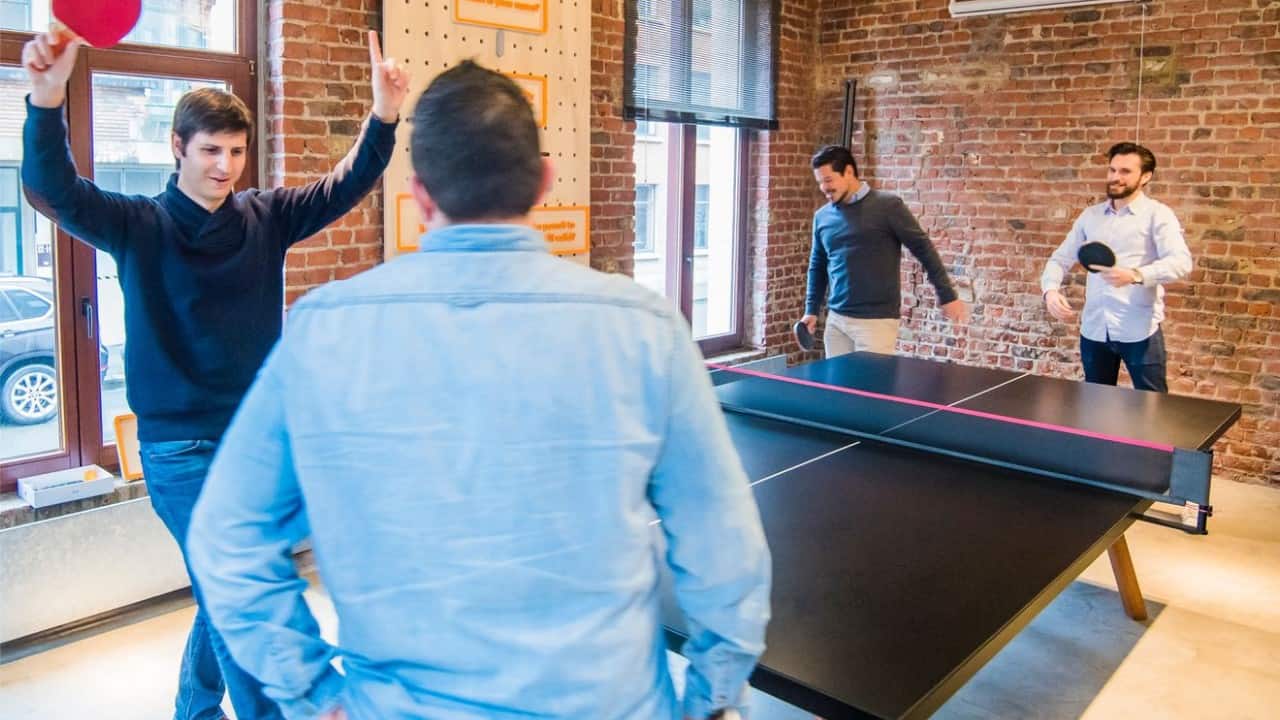
3. Choose your accommodation wisely
Accommodation can be very critical for making new friends in Australia, so choose it wisely. While there are many types of student accommodations available for international students in Australia. You should choose the one that meets your budget, lifestyle and the one where you can make a few new friends.
Lots of international students choose backpacker hostels as their first accommodation before moving into other types of accommodations. It is not only cheaper to live rather than a hotel or private room but also an excellent way of meeting new people from other countries and cultures.
Apart from backpacker hostels, international students also live in managed student accommodations. These accommodations are specially designed to meet the needs of the students.
So these managed student accommodations have lots of other students from different parts of Australia and the world living under the same roof. If you decide to live in them, then don’t forget to attend all the social events organised by these facilities.
We also know that some students will not live with other students from their own culture or country, so they can make friends from other parts of the world and it can help them to improve their English as well.
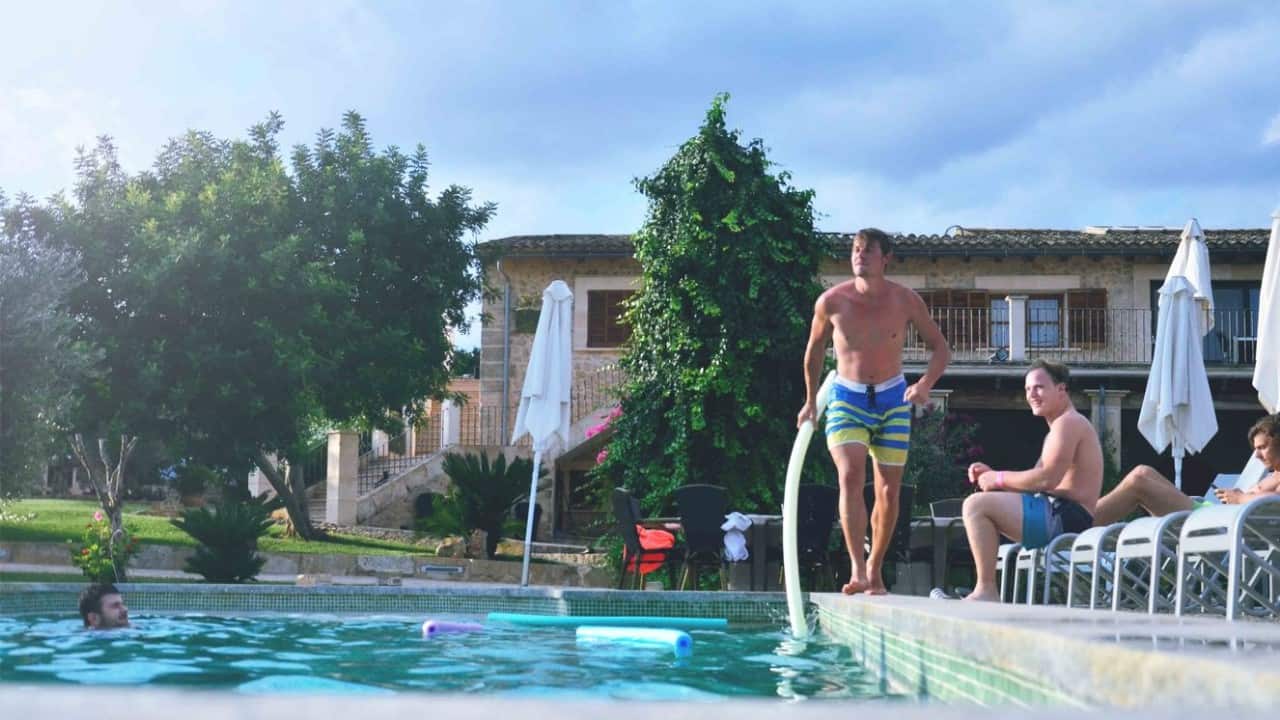
4. Facebook and Whatsapp groups
Another way to make friends in Australia is through social media platforms. But we are specifically talking about Facebook and Whatsapp groups as these are indeed very popular networks for socialising in Australia.
There are many groups you can join and make friends with other group members online and attend all the events organised by the group admins or members. Alternatively, you can catch up with these people privately outside the group events too.
In case, you decide to meet a person in private, we suggest you meet them in public places like cafes, restaurants, etc to ensure your safety.
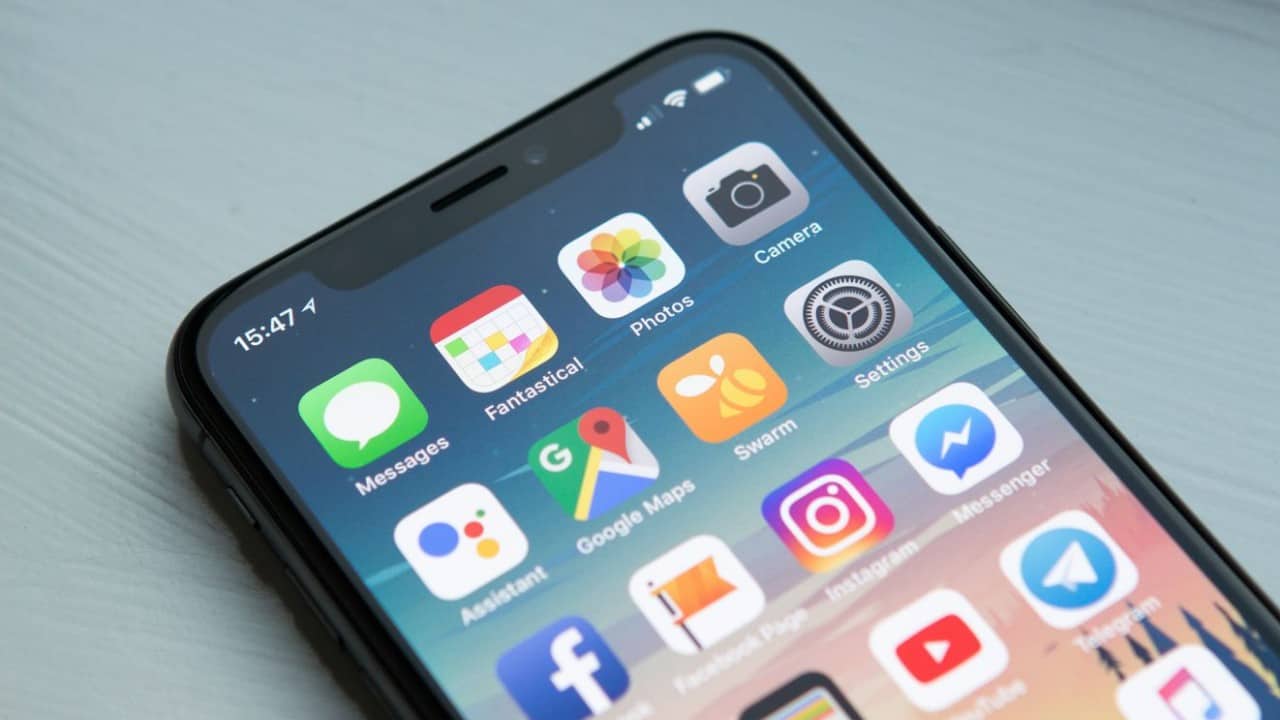
5. Attend local events
Most of the Australian cities and towns organise various food festivals, exhibitions, and other educational events during the year. Check all the local events happening in your area and visit them and make friends with locals there.
You can check all the events happening in your local community by visiting your local council’s website. We suggest you check this website for all the major events happening in each state and territory.
As Australia is one of the most diverse countries in the world, there are many cultural events that you can be a part of. So whether it is Chinese New Year, Indian Diwali Festival, Greek Festival or Spanish Fiesta, you can enjoy these cultural events and make new friends either by just attending or working at them.
These events are usually free to attend and they can be close to your neighbourhood so don’t need to travel far away from attending them.

6. Do volunteering when free
For some students it might seem like that volunteering is a time-consuming task and of course, it’s not paid work but it’s definitely done for a good cause. While volunteering, you will come across people who share the same common values of helping others.
You can do volunteering either by helping an elder, disabled person or you can join a local volunteer organisation. There are many ways you can help the local community in Australia.
It is also very much appreciated by locals and you can use the experience you gained at these volunteer events or jobs in your resumes too.
The volunteer organisations are always needing more helping hands. So don’t be shy! Go volunteer is also a very popular platform for finding volunteer work in Australia.
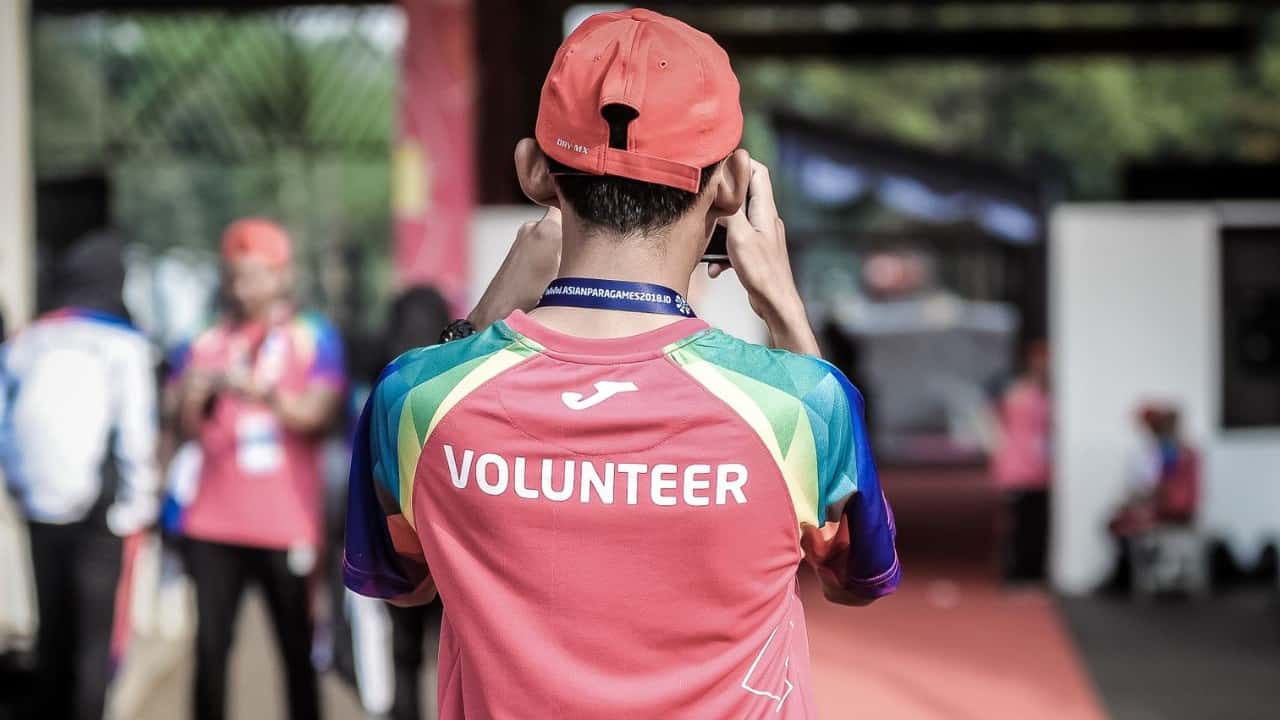
7. Play sports
Australians love their sports especially Australian Football (aka AFL), Cricket, Soccer, Hockey, Rugby and pretty much any sports you can think of. Playing sports will also mean that you will keep yourself healthy and fit.
Ideally, you can look for sports club in your local area by checking it on facebook groups or find it from your local council or a community center. Sometimes, a simple google search to find a sports club in your local area can also do wonders.
Alternatively, you can also join a gym as they regularly hold events and you can find a buddy to workout with and have a decent conversation as well. You will see familiar faces on a regular basis in the gym, so no harm in asking for a piece of quick advice or support to start a convo there.
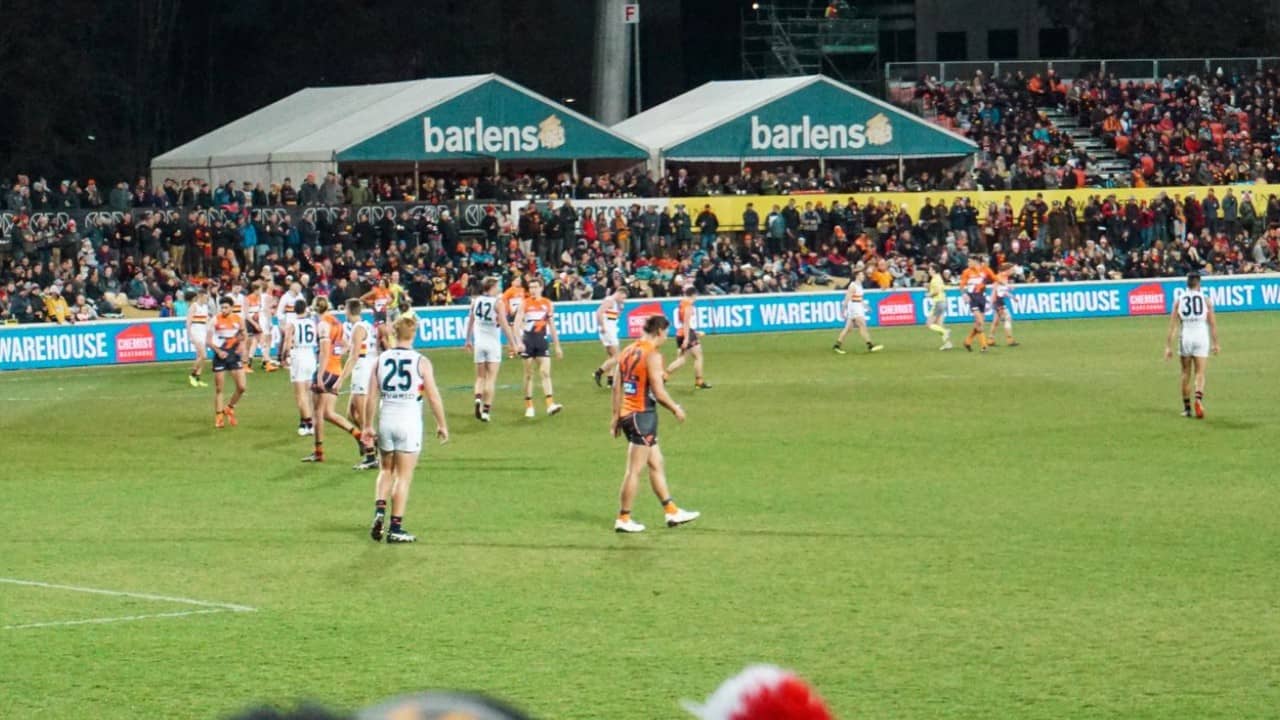
8. Go to your place of worship
Believe it or not but religious places are not the only way to connect with God but also with other people who share the same belief as you do. So whether you are Christian (Church) Muslim (Mosque) Hindu, Buddhist, Sikh (Temple), Jewish (Synagogue) there are many religious worship places you can visit for praying and seek friendship there
You can always start by talking with religious leaders of the place about how you can connect with more people and attend the events organised by these places.
Usually, people attending these religious places are welcoming and if you are regularly attending these religious places, you can make more friends there.

9. Go to a local Library
If you love reading books, there is good news for you as there are plenty of libraries in Australia. Not only you can read the books in the library but also you can also find other readers who have a common interest in reading similar types of books.
If you already know about the layout of the library, then you can help others who are searching for books. Again, the libraries also organise tours, events and other activities, you can be a part of these groups for these activities for making friends.

10. Be part of the meetup groups and events
Australian cities are famous for organising lots of meetups. You can literally find many meet groups in each city. The best way to find these groups is by using online platforms like Meetup.com and Eventbrite.com.au.
These groups and events are organised by a host and you can also filter them by your specific interests. If you are confident in organising events, you can also create your own group or event on these platforms.
While lots of these groups and events are free to attend, some of them might cost you some dollars.

So there you have them all on how to make friends in Australia as an international student. We want to hear which method did you use to make new friends in Australia.



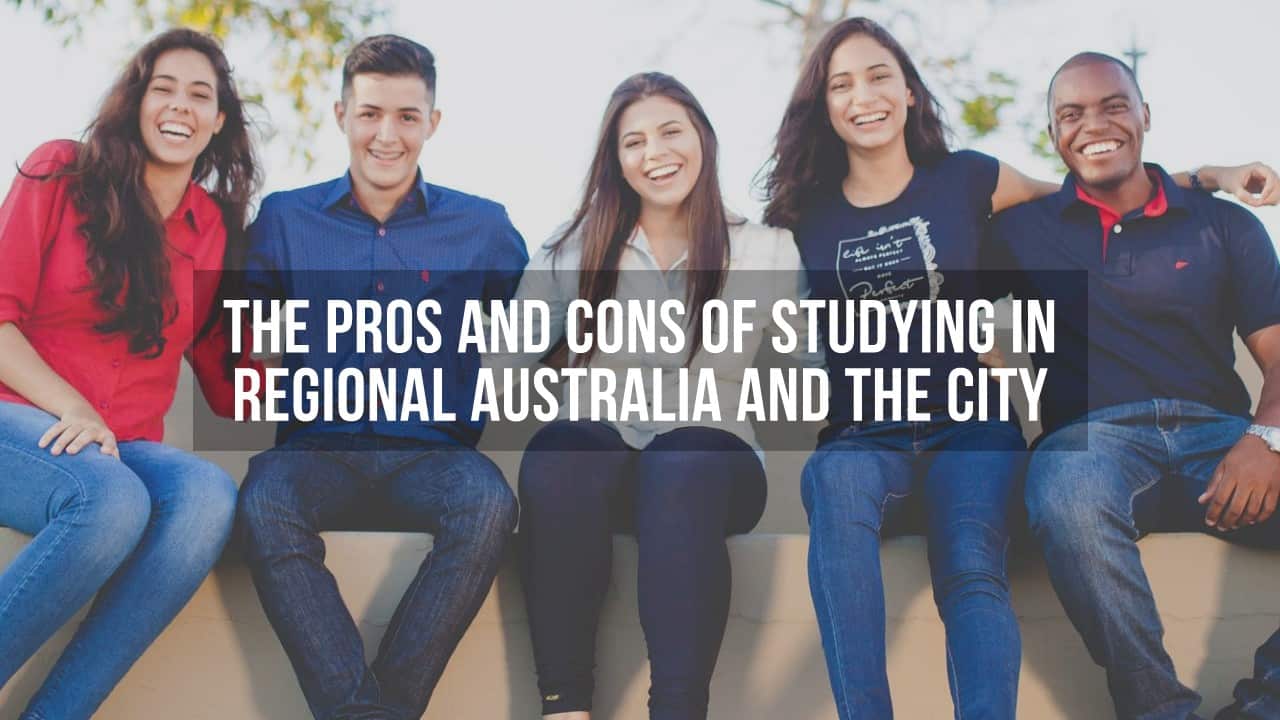
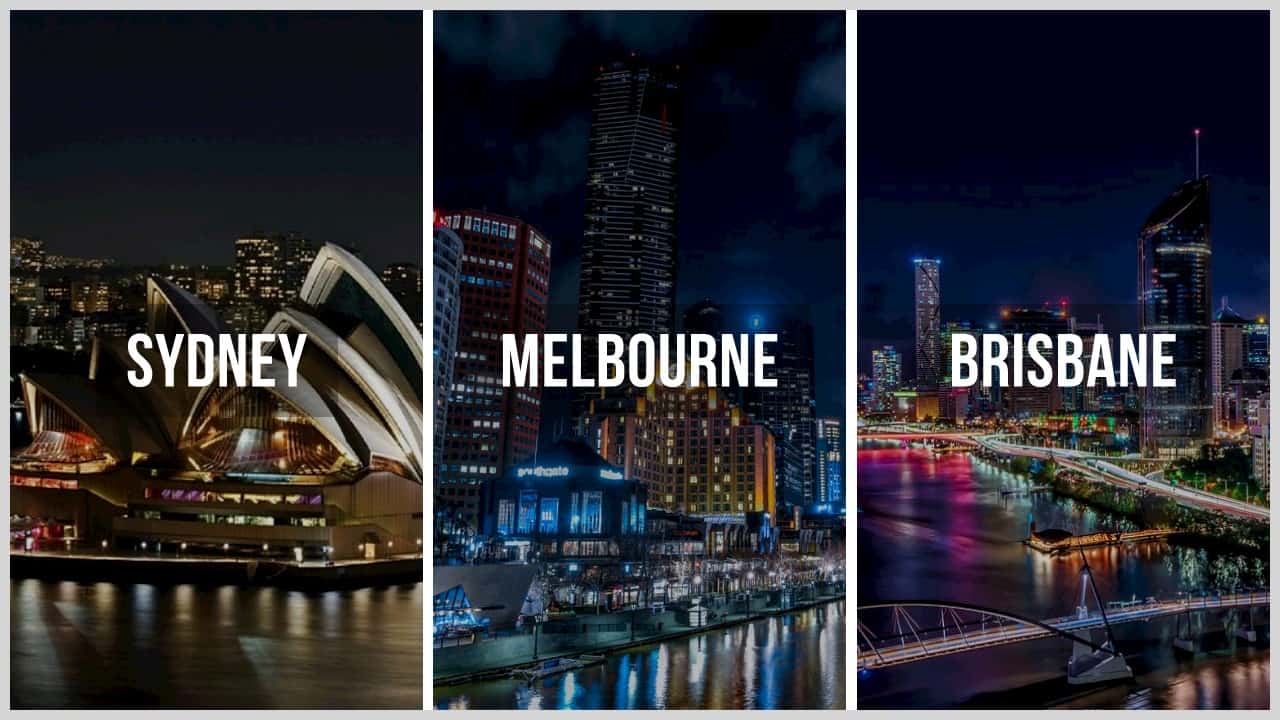





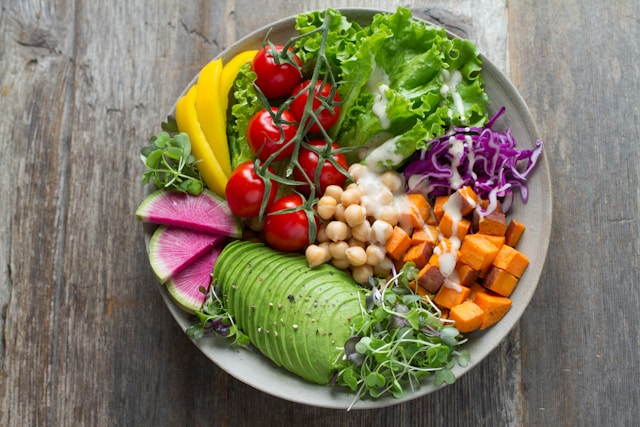
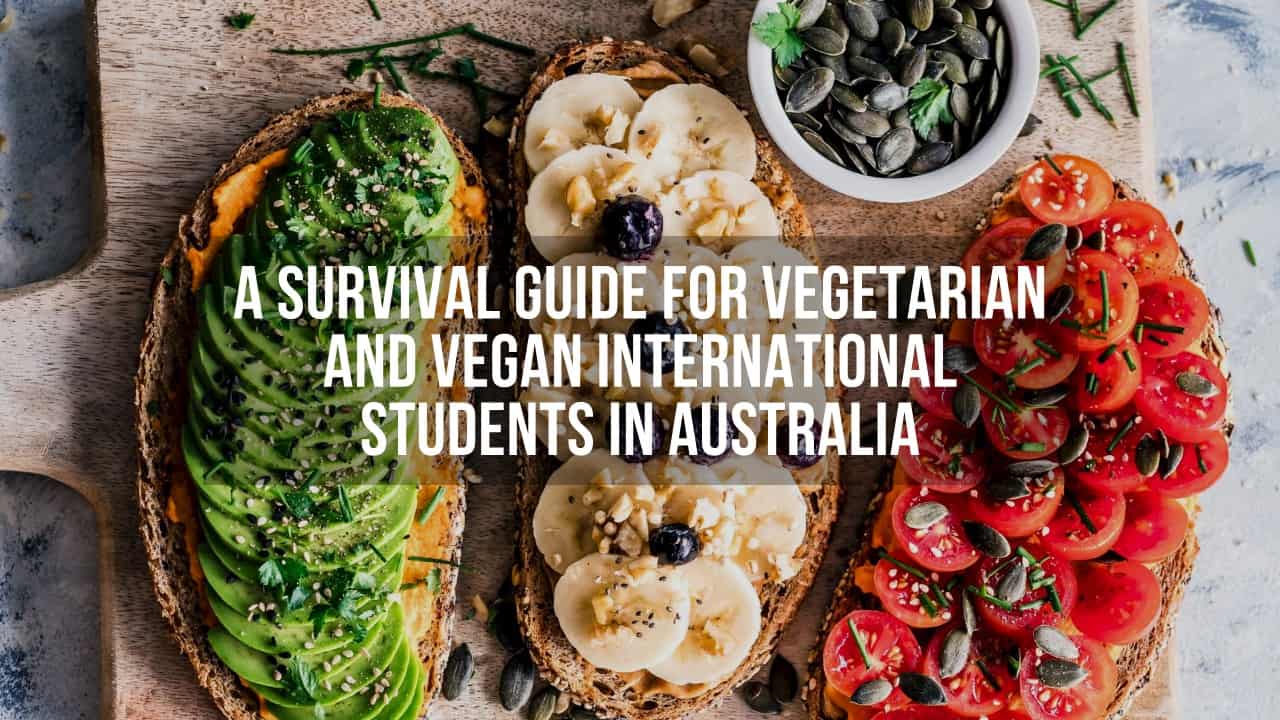
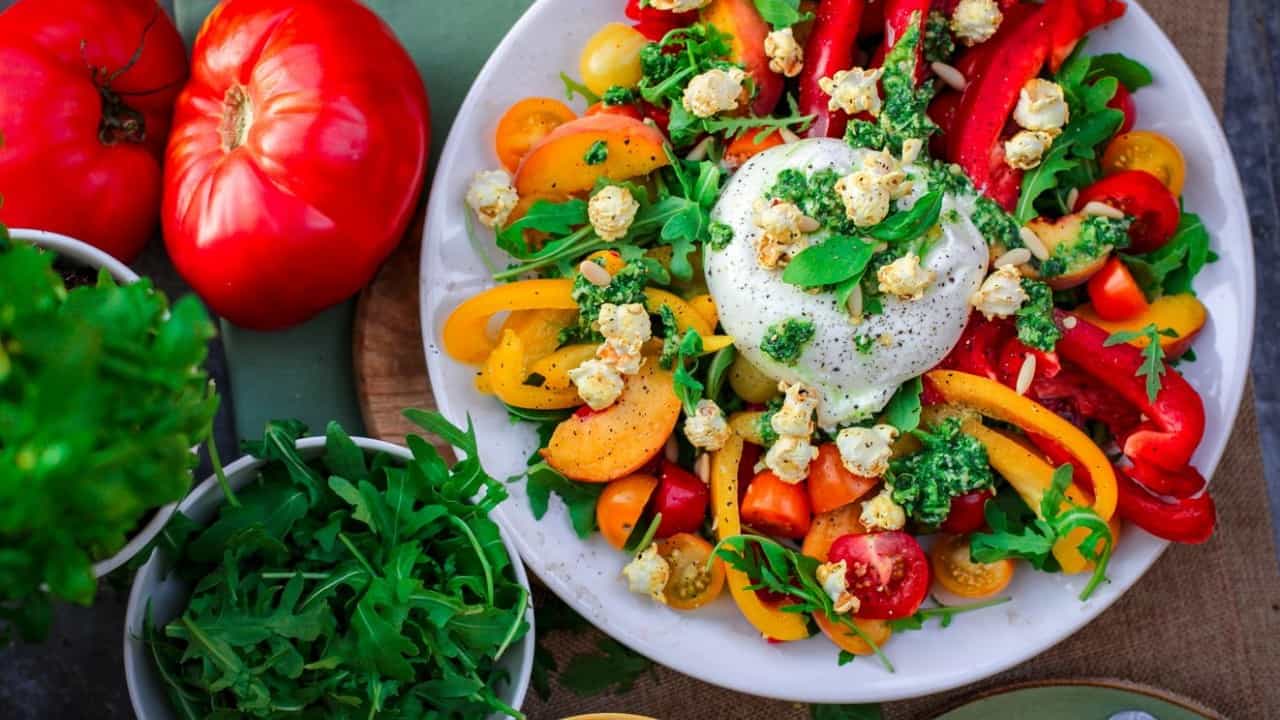


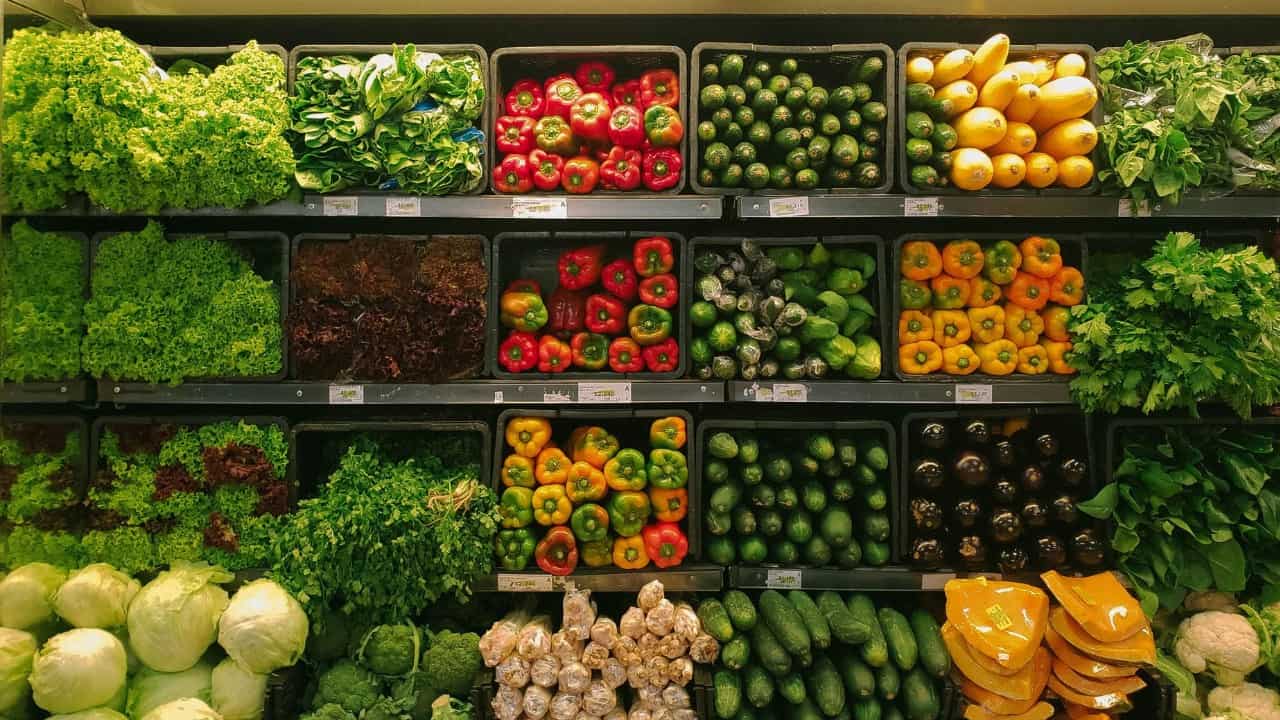 There are many vegan and vegetarian-friendly groceries and supermarkets available in Australia. All the major supermarkets in Australia have products meeting the needs of vegans and vegetarians. You can easily find a substitute for any food item. Almond milk, tofu, vegan burger, vegan tacos, and even vegetarian sushi.
There are many vegan and vegetarian-friendly groceries and supermarkets available in Australia. All the major supermarkets in Australia have products meeting the needs of vegans and vegetarians. You can easily find a substitute for any food item. Almond milk, tofu, vegan burger, vegan tacos, and even vegetarian sushi. 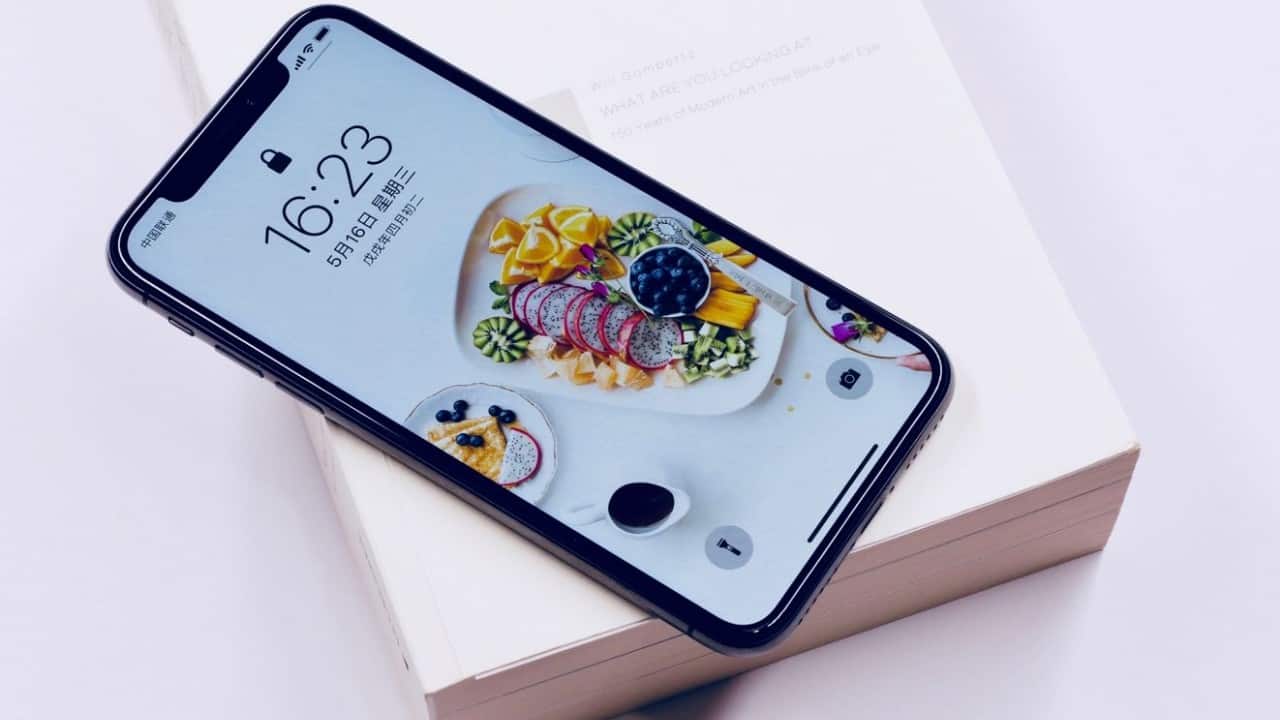
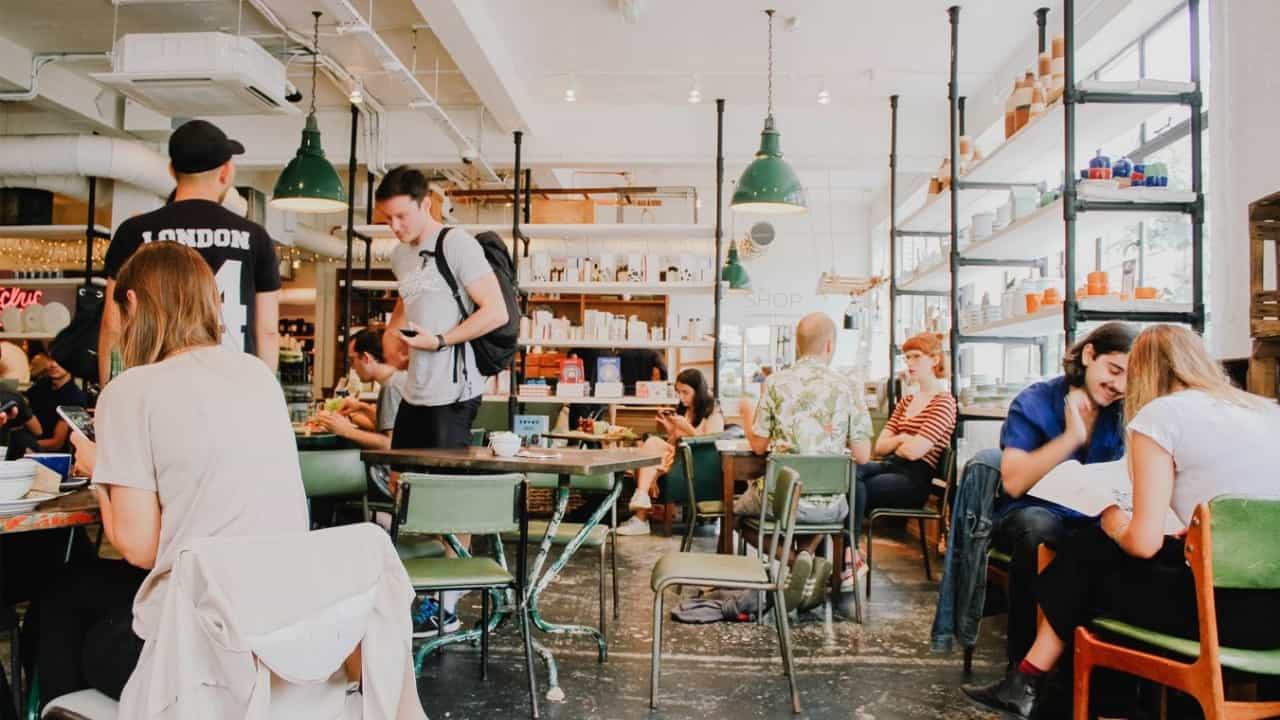 Although, we suggest you check more restaurants and eating places for vegans and vegetarians in your city using one of the apps or websites mentioned above. Here, we are giving a list of popular food chains that you can find vegan or vegetarian food (pretty much) throughout Australia. Most of these restaurants can be found in all major metro and regional cities.
Although, we suggest you check more restaurants and eating places for vegans and vegetarians in your city using one of the apps or websites mentioned above. Here, we are giving a list of popular food chains that you can find vegan or vegetarian food (pretty much) throughout Australia. Most of these restaurants can be found in all major metro and regional cities. 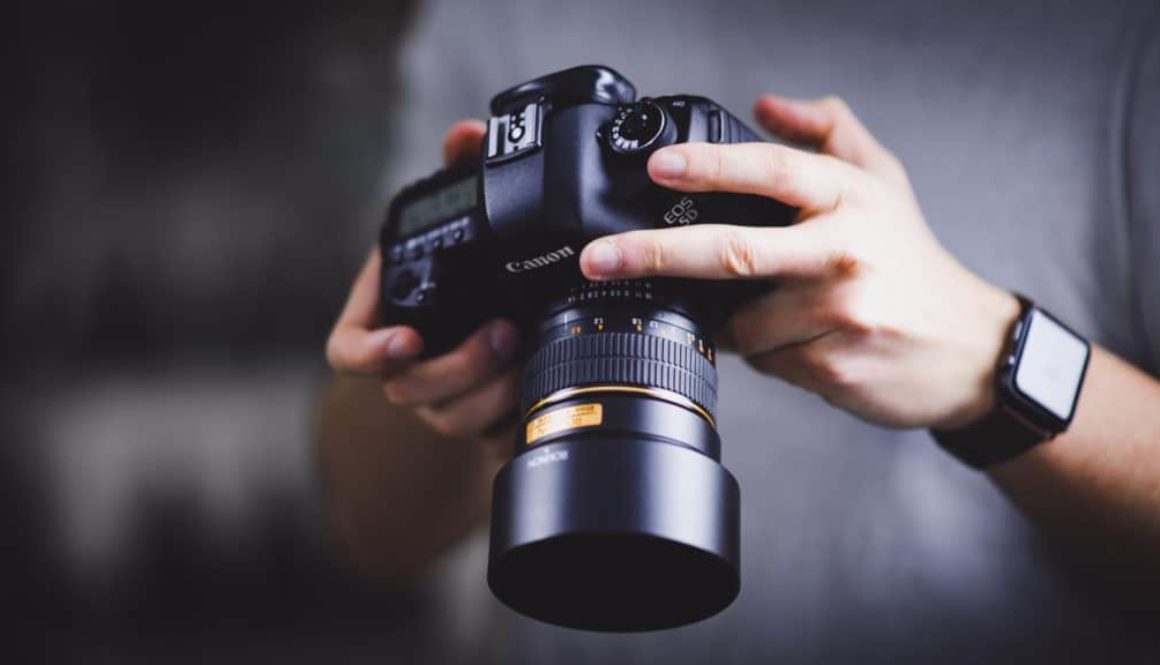
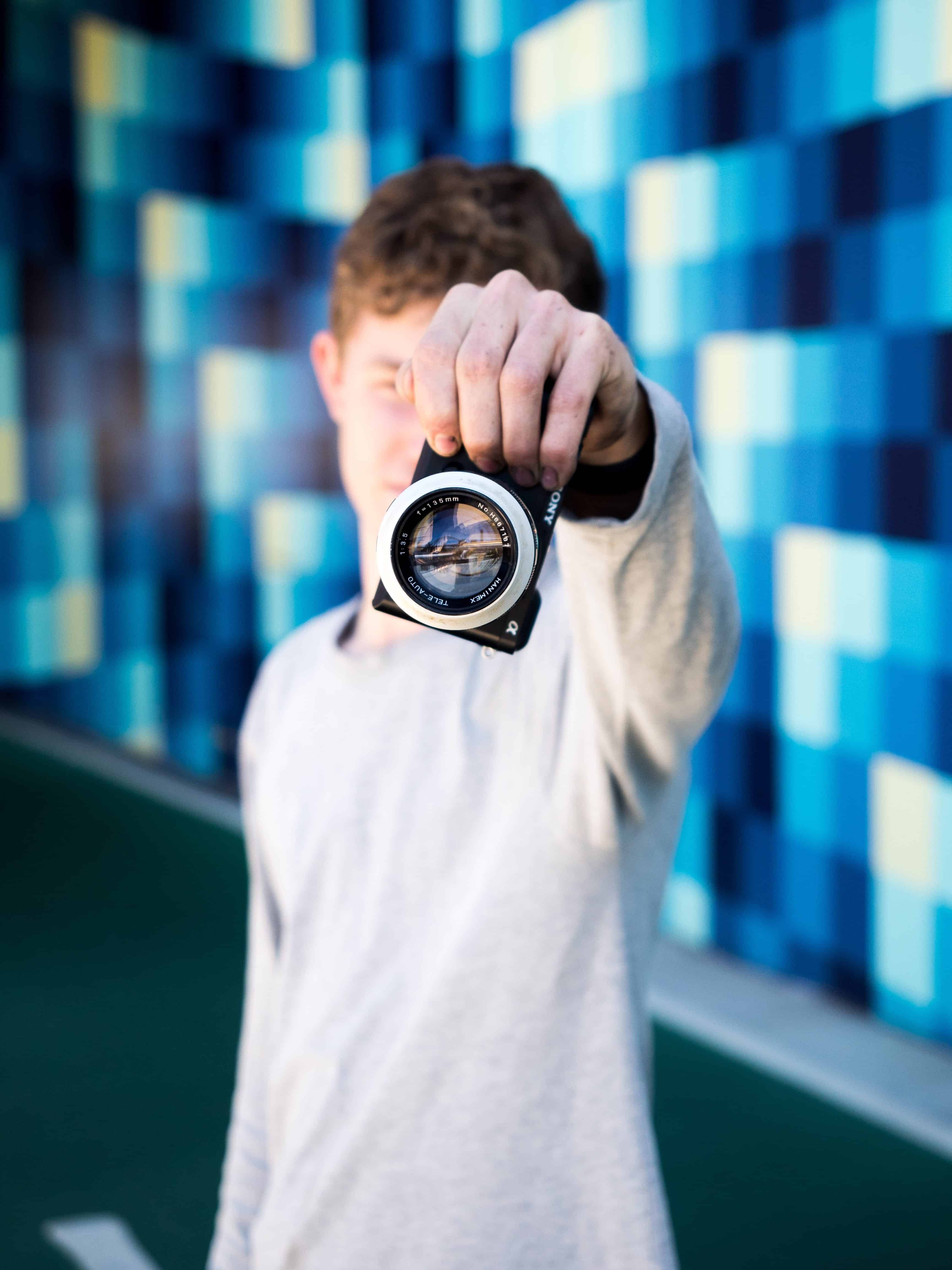 Travelling Australia – or anywhere in the world – with a good quality camera is one of the best ways to appreciate your surroundings and capture some special memories to share with family and friends for years to come. But what are the best travel cameras in 2019 for capturing the land down under in all its glory? Compact? Mirrorless? DSLR? When you factor this in with how much budget you have to spend on a new camera or lens, things can get tricky.
Travelling Australia – or anywhere in the world – with a good quality camera is one of the best ways to appreciate your surroundings and capture some special memories to share with family and friends for years to come. But what are the best travel cameras in 2019 for capturing the land down under in all its glory? Compact? Mirrorless? DSLR? When you factor this in with how much budget you have to spend on a new camera or lens, things can get tricky.

